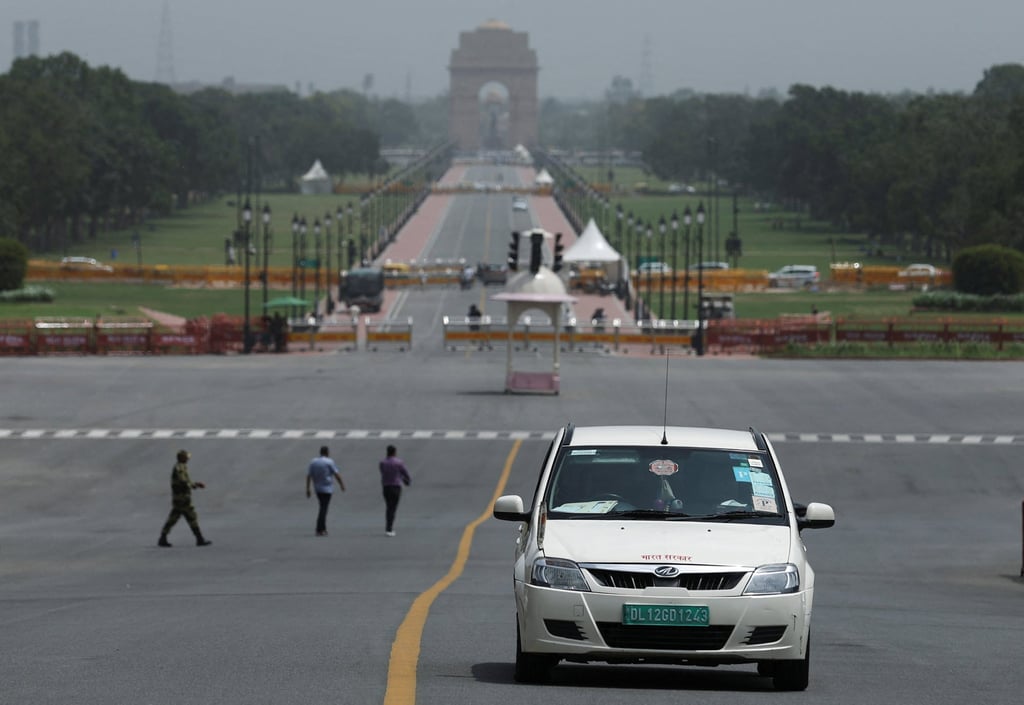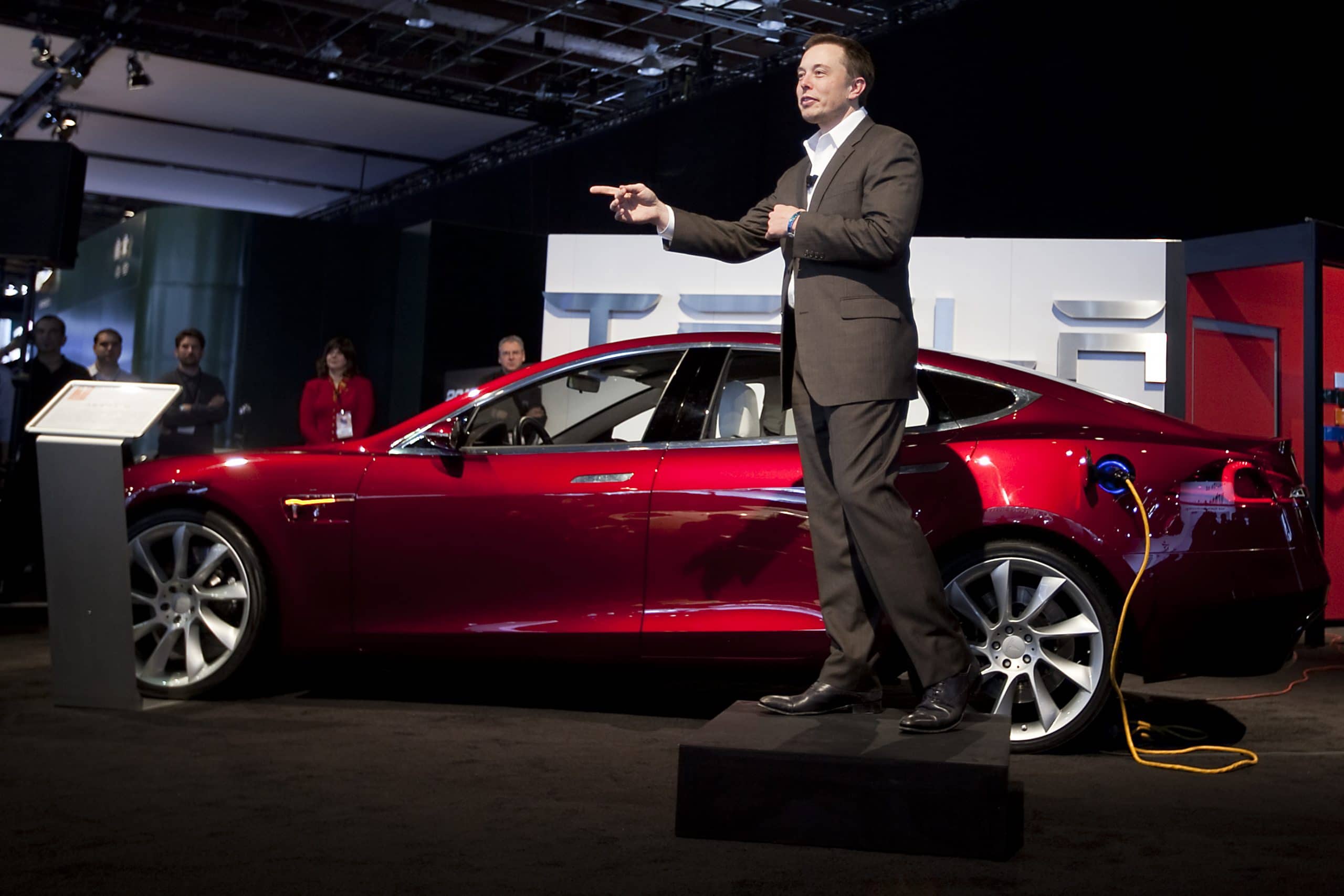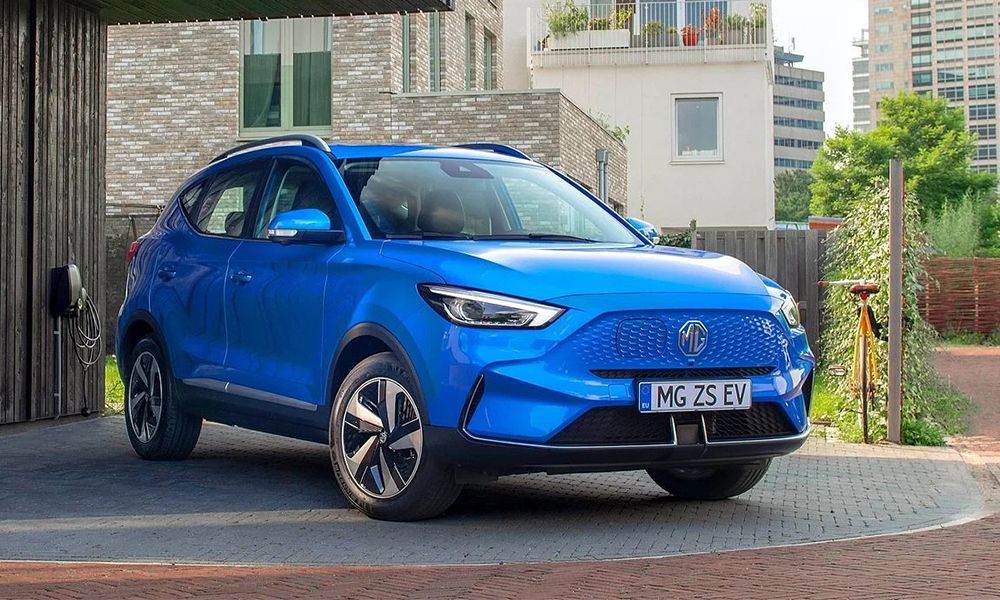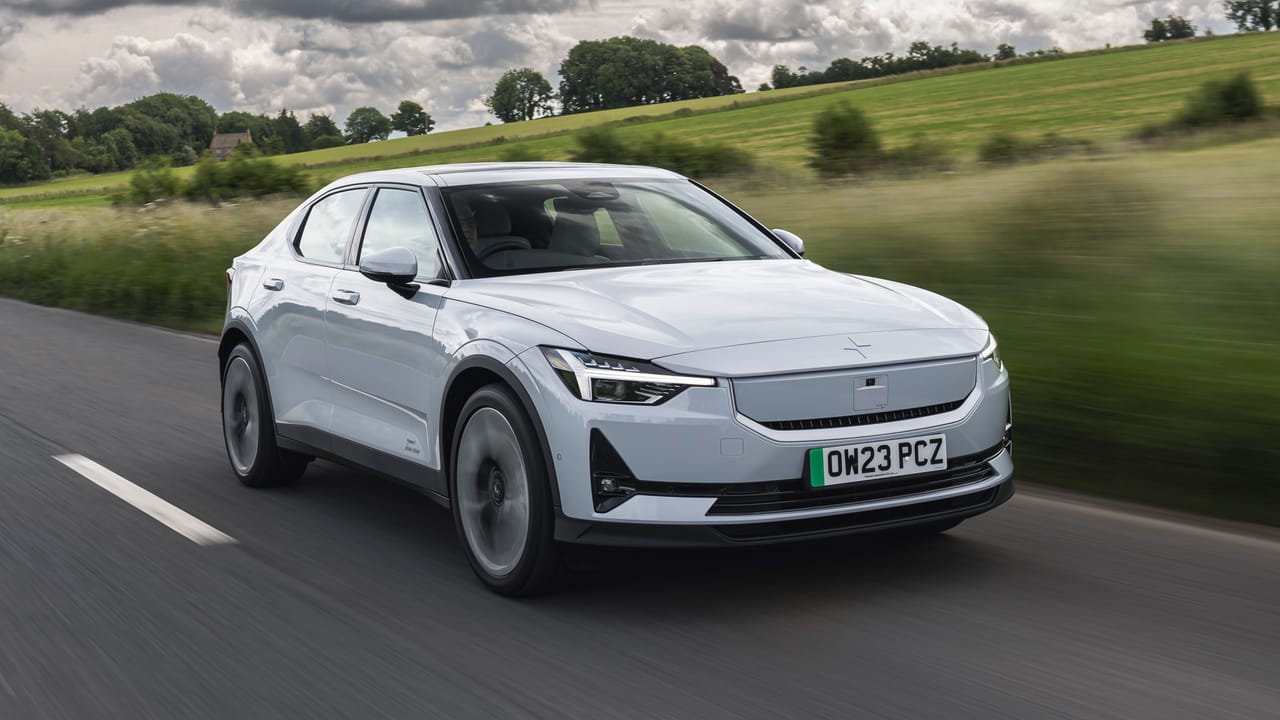Answer: Yes, modern electric cars are capable of handling the challenges of Indian highways, but their performance depends on the model, range, and available charging infrastructure.
Here’s an in-depth look at how EVs tackle highway-specific challenges in India.
1. Range for Long-Distance Travel
| Challenge | How EVs Handle It |
|---|---|
| Long Distances | EVs like the Kia EV6 (708 km) and Hyundai Ioniq 5 (631 km) offer ranges suitable for highways. |
| Real-World Range | Models like the Tata Nexon EV Max (453 km) provide reliable range with regenerative braking to extend mileage. |
Key Takeaway:
Choose an EV with a certified range of 400+ km to ensure seamless highway travel without frequent charging stops.
2. Charging Infrastructure
| Challenge | How EVs Handle It |
|---|---|
| Limited Fast Chargers | The growing network of DC fast chargers along highways makes long trips feasible. |
| Charging Time | EVs like the Kia EV6 and Hyundai Ioniq 5 can charge from 10–80% in just 18 minutes with 350 kW DC chargers. |
Key Takeaway:
Plan your route with apps like Tata Power EZ Charge or PlugShare to locate fast chargers along the way.
3. Road Conditions
| Challenge | How EVs Handle It |
|---|---|
| Uneven Roads and Bumps | EVs like the Tata Nexon EV Max (209 mm ground clearance) are designed for Indian roads. |
| Highway Speeds | EVs with robust suspension and stability control, such as the MG ZS EV, ensure smooth rides. |
Key Takeaway:
Choose EVs with good ground clearance and stable handling for Indian highways.
4. High-Speed Performance
| Challenge | How EVs Handle It |
|---|---|
| Consistent Power Delivery | EVs like the Kia EV6 and BYD Atto 3 deliver instant torque for overtaking and high-speed stability. |
| Battery Efficiency at High Speeds | Advanced battery management systems optimize energy use even at highway speeds. |
Key Takeaway:
Opt for EVs with dual-motor setups or larger batteries for consistent high-speed performance.
5. Weather and Climate
| Challenge | How EVs Handle It |
|---|---|
| Extreme Heat | Thermal management systems in EVs like the Hyundai Kona Electric protect batteries from overheating. |
| Rainy Conditions | EVs come with sealed battery packs and water-resistant designs for safe operation in monsoons. |
Key Takeaway:
Modern EVs are engineered to withstand Indian weather conditions, ensuring reliability across seasons.
6. Maintenance and Durability
| Challenge | How EVs Handle It |
|---|---|
| Frequent Servicing Needs | EVs have fewer moving parts, reducing wear and tear and lowering maintenance costs. |
| Battery Longevity | Most EVs offer an 8–10 year battery warranty, ensuring long-term reliability. |
Key Takeaway:
EVs are well-suited for long-term highway use with low maintenance needs.
Best EVs for Indian Highways
| Model | Range (km) | Charging Time (DC Fast) | Price (₹) | Key Features |
|---|---|---|---|---|
| Kia EV6 | 708 | 10–80% in 18 minutes | ₹60.95–₹65.95 lakh | Long range, ultra-fast charging |
| Hyundai Ioniq 5 | 631 | 10–80% in 18 minutes | ₹44.95 lakh | Spacious, futuristic design |
| MG ZS EV | 461 | 0–80% in 50 minutes | ₹23.38–₹28 lakh | Family-friendly, premium feel |
| Tata Nexon EV Max | 453 | 0–80% in 56 minutes | ₹16.49–₹18.99 lakh | Affordable, reliable for highways |
| BYD Atto 3 | 521 | 0–80% in 50 minutes | ₹33.99 lakh | Premium features, great range |
Pro Tips for Highway Driving in an EV
- Plan Ahead:
- Identify charging stations along your route using apps or EV navigation systems.
- Optimize Speed:
- Maintain a steady speed between 60–80 km/h for the best range.
- Use Regenerative Braking:
- Maximize energy recovery by leveraging regenerative braking on downhill stretches.
- Charge Smartly:
- Use fast chargers for quick top-ups and avoid charging beyond 80% unless necessary.
- Carry Emergency Equipment:
- Keep a portable charger or contact information for roadside assistance handy.
Conclusion
Electric cars can handle the challenges of Indian highways with ease, provided you choose the right model and plan your trips carefully. Long-range EVs like the Kia EV6 and Hyundai Ioniq 5 excel in high-speed and long-distance driving, while affordable options like the Tata Nexon EV Max offer practicality and reliability.
With expanding charging infrastructure and advancements in EV technology, highway travel in electric cars is becoming increasingly hassle-free, making them a viable and eco-friendly option for Indian roads.




Post Comment